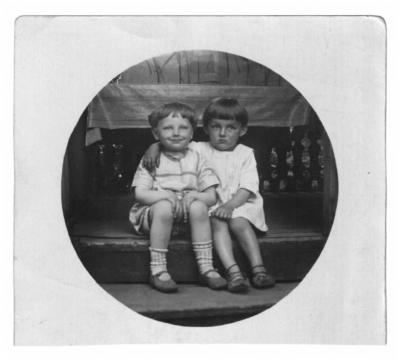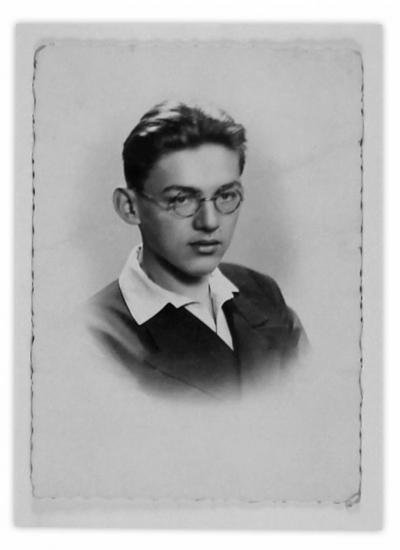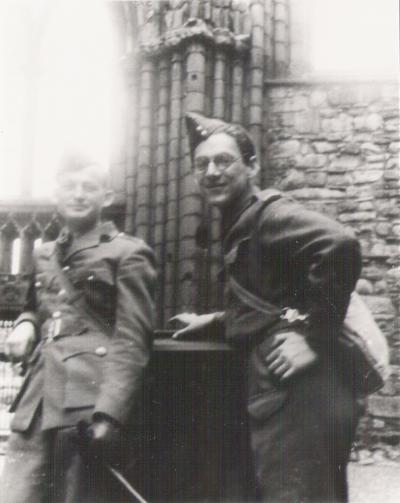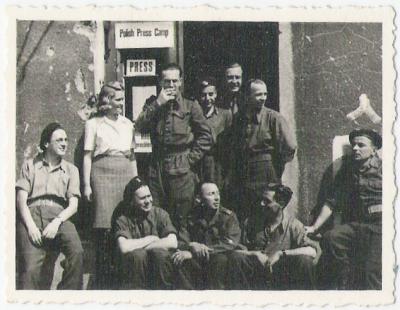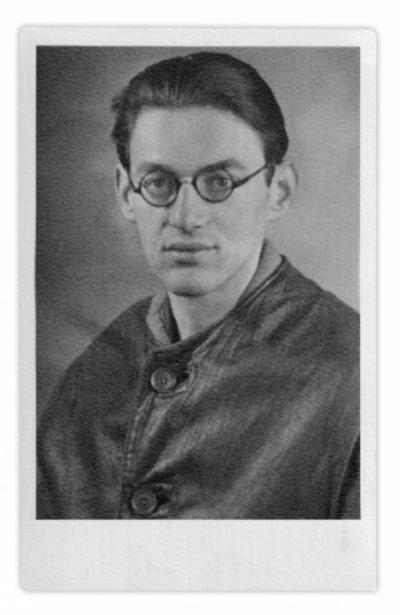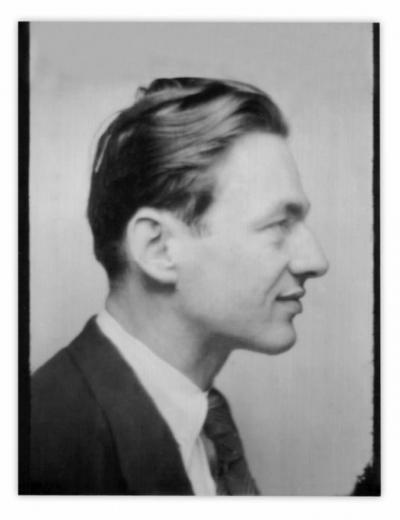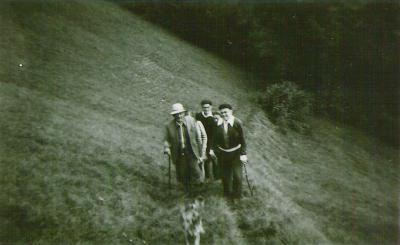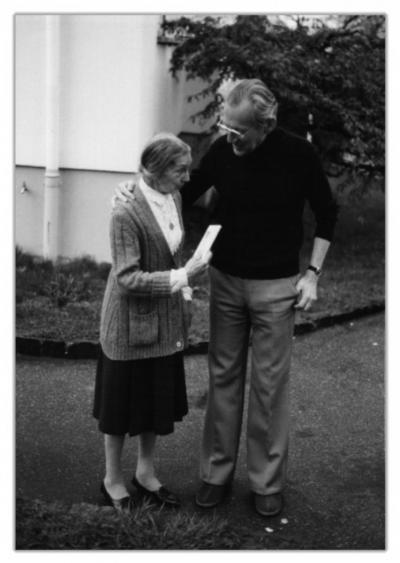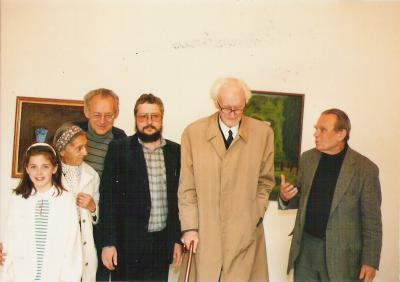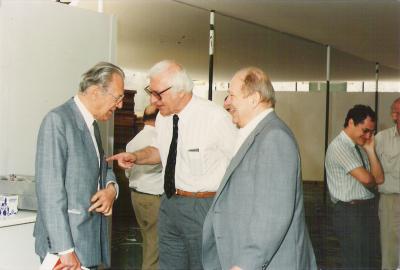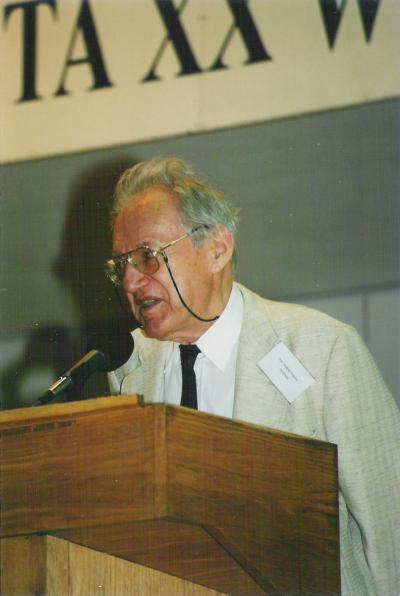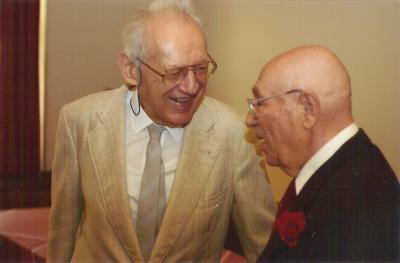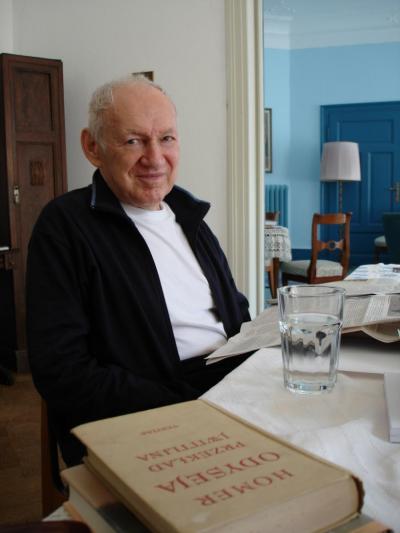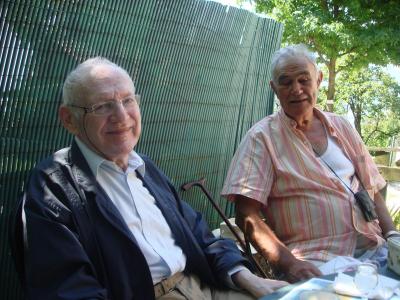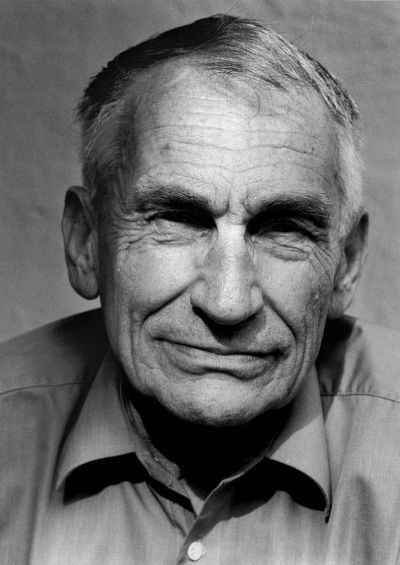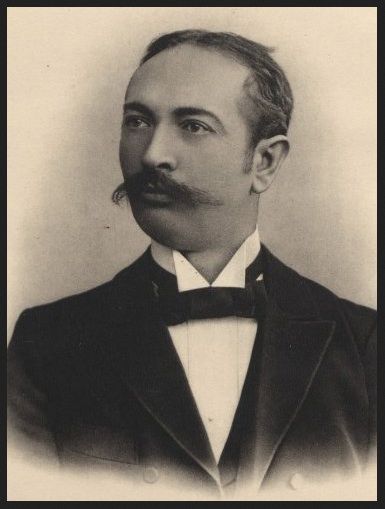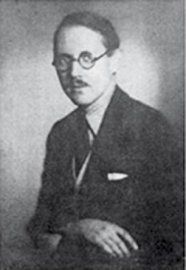Andrzej Vincenz

Andrzej Vincenz was born in Lemberg on 13 March 1922. He was the first child of Irena Vincenz, née Eisenmann (1900–1991), and the author and philosopher Stanisław Vincenz (1888–1971). His mother came from Warsaw. Spurred on by patriotic allegiance, she entered a military women’s group in 1920 which is how she ended up in Lemberg. In Lemberg, she met her husband Stanisław Vincenz who worked on the armed forces staff there. Irena’s marriage to Vincenz, who was later to become a writer and author of “On the high uplands” (Na wysokiej połoninie), was his second. As well as his sister Barbara who was born in 1924, Andrzej had an older half-brother, Stanisław Aleksander (1915–2003), from his father’s marriage to Helena Loeventon (?–1952). The Vincenz family were landowners and oil industrialists from the Hutsul Republic, more precisely from the region around the town of Kolomyia. The profits from the oil mine in Słoboda Rangurska were the family’s main source of income. The family name can be traced back to Charles-Francois de Vincens who left revolutionary France to seek protection in Vienna. It was there that he met Miss Przybyłowska from Kryvorivnya (Kryworiwnja) – one of Andrzej’s great-grandmothers. After the death of her husband, she returned to the Hutsul Republic with her children. 150 years later, an historic event was to lead to her descendants – Stanisław Vincenz and his family, including his son Andrzej – to return to France after the Second World War, from where Andrzej Vincenz later moved to Germany.
After Andrzej was born, the young family moved to Milanówek near Warsaw. His father worked as a ministerial official before becoming chair of the Polmin oil company. They then moved to Warsaw where the family lived in Ujazdowskie Allee. Whilst in Milanówek, Andrzej’s mother had got to know Walentina Białostocka, who was from Russia. Her son Jan (1921–1988) became Andrzej’s closest friend. The connection that developed between the two was almost like family; they supported each other in their development, helped each other in the search for books and later were godparents to each other’s children. During their time at grammar school, the pair was joined by the son of a Ukrainian, Ihor Ševčenko (1922–2009). All three were to go on to be outstanding professors. Ihor Ševčenko would later teach Byzantine Studies at Harvard and become an eminent authority on this subject. Jan Białostocki would later become one of the most famous Polish art historians of the 20th century. In Germany, Andrzej Vincenz became a Professor of Slavic Studies, a publicist and a devoted keeper of his father’s work.
At the end of the 1920s, the Vincenz family left Warsaw and returned to the Hutsul Republic. They initially rented a house in Żabie, which today is known as Vorokhta. Following a fire, Stanisław and Irena Vincenz built their own house in Bystrzec. Their Hutsul nanny Waselina looked after the children and it is from her that Andrzej learnt the local dialect. His childhood is steeped in the cultural and linguistic diversity of Galicia. The Vincenz family kept an open house where countless guests from Poland and abroad stayed in summer. The father Stanisław Vincenz was fascinated by the culture and traditions of their Hutsul neighbours and it goes without saying that his children inherited his passion for them. In the first few years, Irena Vincenz taught her children at home. Andrzej Vincenz was only sent to a state school at grammar school level once he had passed the relevant examination. Years later he would recount that his parents had not told him that it would be an exam so that he would not be put under any stress. That is why he handled the meeting with the examiner as he would any other. Andrzej was accepted into the Stefan Batory Grammar School in Warsaw. During the school year he lived in Bagatela Street with Rozalia Eisenmann, his grandmother on his mother’s side. He spent the school holidays with his parents in Bystrzec. It was during his schooldays that Andrzej Vincenz’s passion for writing emerged. He wrote for the magazine “Ignis”, which was published at the Mickiewicz Grammar School which his friends Jan Białostocki and Ihor Ševčenko attended. Both of them also worked as editors at the magazine. The young Andrzej was fascinated by Latin. Even at that time, his interest in linguistics was beginning to emerge.
